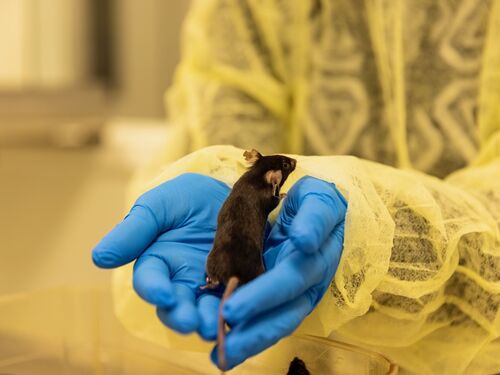Recently completed
Topics
The increasing digitalization in the life sciences has led to numerous opportunities for addressing challenges in various sectors. Life scientists are generating and analyzing large amounts of data from various sources in natural or experimental environments. Although data from scientific research are not necessarily sensitive, they may represent significant investment by governments, industry, research institutions, and funders. Building on its previous project, Engaging Scientists in Central Asia on Data Governance Principles for Life Science Data, the National Academies is conducting a project to develop effective resources for the governance of life science data and knowledge within research institutions.
Description
As a follow-on project for Engaging with Scientists in Central Asia on Data Governance Principles for Life Science Data--A Workshop Series that was initiated in 2022 (DELS-BLS-21-05), the National Academies of Sciences, Engineering, and Medicine (NASEM) will convene an international ad hoc committee to encourage the development and implementation of resources for countering unauthorized access to biological data and knowledge while simultaneously enabling responsible sharing of these biological data. The committee will help to achieve the following objectives:
• Assist scientists in compiling existing practices and resources for managing access to and sharing of biological data. On the basis of these resources, the committee will help guide regional scientists in tailoring, and possibly developing nationally relevant practices and procedures for a) reducing the risks and vulnerabilities of unauthorized access to biological knowledge, and b) enhancing benefits of sharing research data and results within the region and internationally.
• Develop plans for integrating these practices and procedures into research workflows and education and training programs in institutions within the region.
• Create an environment in which regional scientists can share lessons learned about development and implementation of these practices and procedures and seek guidance and mentorship among regional and international experts.
The committee will not be developing any written products from this project. It will help to identify the institutions and scientists who might participate in this project, provide guidance and mentorship to regional scientists involved in this project, and serve as knowledgeable resources for participating scientists.
Contributors
Sponsors
Department of State
Staff
Trisha Tucholski
Lead
Kavita Berger
Rita Guenther
Mariah Waul
Sabina Vadnais
Anthony Mann
More like this
Discover
Events
Right Now & Next Up
Stay in the loop with can’t-miss sessions, live events, and activities happening over the next two days.
NAS Building Guided Tours Available!
Participate in a one-hour guided tour of the historic National Academy of Sciences building, highlighting its distinctive architecture, renowned artwork, and the intersection of art, science, and culture.
